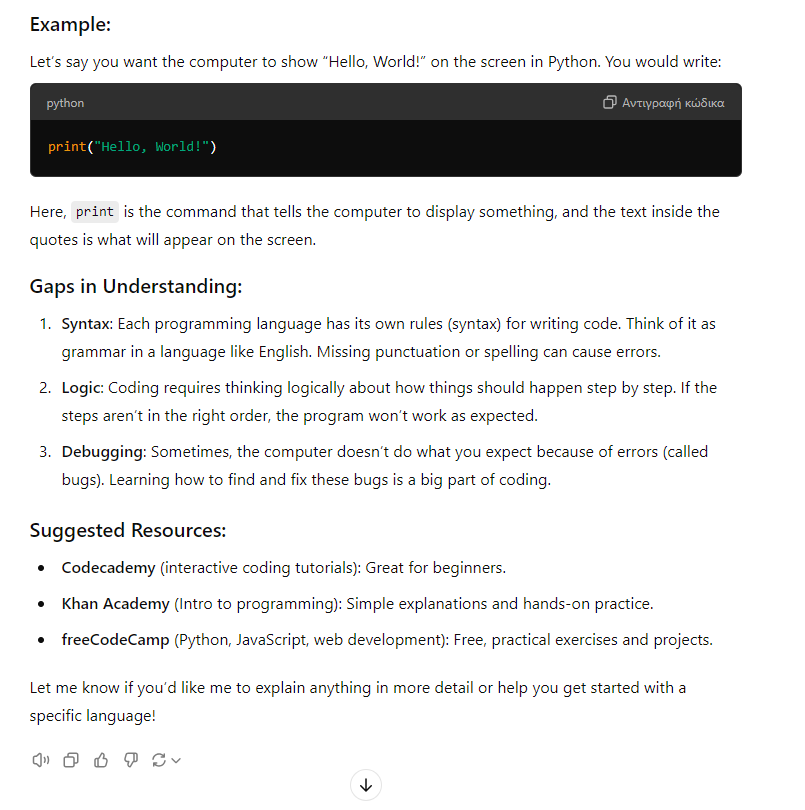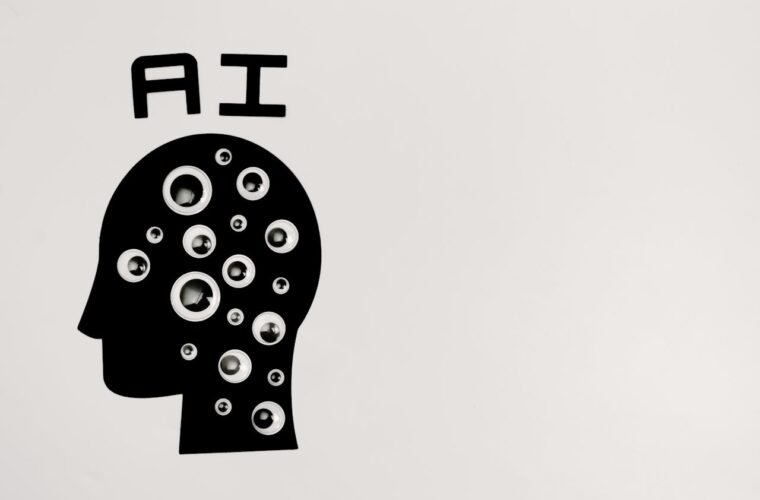In today’s fast-paced, technology-driven world, finding new ways to learn skills efficiently is crucial. One tool that has emerged as a game-changer in the realm of education and personal development is ChatGPT. With its ability to simulate conversations, provide customized learning paths, and access vast amounts of information instantly, ChatGPT has become an indispensable resource for many. Whether you’re trying to learn a new language, pick up programming, or even master photography, ChatGPT can guide you through the process, offering personalized advice and practice sessions.
Let’s explore how you can leverage ChatGPT to learn any skill quickly, with 10 powerful prompts that can help you get started.
Focus on the Pareto Principle (80/20 rule)
One of the quickest ways to learn any skill is by focusing on the most impactful aspects of that skill. This is where the Pareto Principle, or the 80/20 rule, comes into play. The idea is to concentrate on the 20% of activities that will yield 80% of the results. ChatGPT can help you identify these key areas for any skill you’re looking to master.
Prompt: “Identify the 20% of [skill] that will yield 80% of the desired results and provide a focused learning plan to master it.”
Utilize visualization techniques
Visualization is a powerful tool in learning and mastery. By imagining yourself successfully applying the skill in real-life situations, you create a mental framework that accelerates learning. ChatGPT can guide you through visualization exercises tailored to your specific goals.
Prompt: “Guide me through a visualization exercise to help me internalize [skill] and imagine myself successfully applying it in real-life scenarios.”
Apply the Feynman Technique
The Feynman Technique explains a concept simply as if teaching it to a beginner. This helps uncover gaps in understanding and solidifies knowledge. ChatGPT can simulate this process, making it easier for you to identify areas that need further study.
Prompt: “Explain [skill] in the simplest terms possible, as if teaching it to a complete beginner. Identify any gaps in my understanding and suggest resources to fill them.”
Design a deliberate practice routine
Deliberate practice is a focused and structured approach to skill development. ChatGPT can create a personalized practice routine that targets your weaknesses, provides feedback, and tracks your improvement over time.
Prompt: “Design a deliberate practice routine for [skill], focusing on my weaknesses and providing regular feedback for improvement.”


Leverage the power of interleaving
Interleaving involves mixing different topics or skills within a subject area to enhance understanding and retention. ChatGPT can help you craft a study plan that incorporates this technique, ensuring a more comprehensive grasp of the material.
Prompt: “Create a study plan that mixes different topics or skills within [subject] to help me develop a deeper understanding and facilitate connections between them.”
Turn key concepts into stories
Storytelling is one of the most effective ways to enhance memory and comprehension. ChatGPT can help transform complex concepts into engaging narratives, making them easier to remember and understand.
Prompt: “Transform key concepts from [skill] into engaging stories to help me better remember and understand the material.”
Build mental models
Mental models are frameworks that help you better understand complex systems by simplifying them into easily digestible pieces. ChatGPT can guide you in developing these models for your learning skill, making it easier to apply the knowledge in practical situations.
Prompt: “Help me create mental models to better understand and remember key concepts in [skill].”
Use active recall for retention
Active recall involves testing yourself on the material you’ve learned, which is one of the most effective ways to reinforce knowledge. ChatGPT can provide quizzes or challenges related to your skill, ensuring long-term retention.
Prompt: “Provide me with a series of challenging questions or problems related to [skill] to test my understanding and improve long-term retention.”
Explore different learning modalities
People have different learning styles—some prefer videos, others prefer reading or listening. ChatGPT can recommend a variety of learning resources based on your preferences, whether they’re videos, podcasts, books, or interactive exercises.
Prompt: “Suggest various learning resources (e.g., videos, books, podcasts) for [skill] that cater to different learning styles.”
Implement spaced repetition
Spaced repetition is a learning technique that involves reviewing information at increasing intervals to improve retention. ChatGPT can design a spaced repetition schedule tailored to your skill, helping you retain the knowledge more effectively.
Prompt: “Design a spaced repetition schedule for me to review [skill] over time, ensuring better retention and recall.”
ChatGPT offers an unprecedented opportunity to learn any skill quickly and efficiently. By leveraging techniques like the Pareto Principle, visualization, and deliberate practice, you can tailor your learning process to your needs. The prompts provided above are just the beginning. ChatGPT’s adaptability allows for endless customization, meaning you can tweak its advice and suggestions as you progress. Whether you’re looking to improve your career prospects, pick up a new hobby, or master a language, ChatGPT can be your guide. The key takeaway is that learning is no longer a solitary, time-consuming process. With the right tools and approach, you can accelerate your learning curve and achieve mastery faster than ever before. Why not start today? Think about the skills you’ve always wanted to learn, and let ChatGPT help you realise those aspirations.



